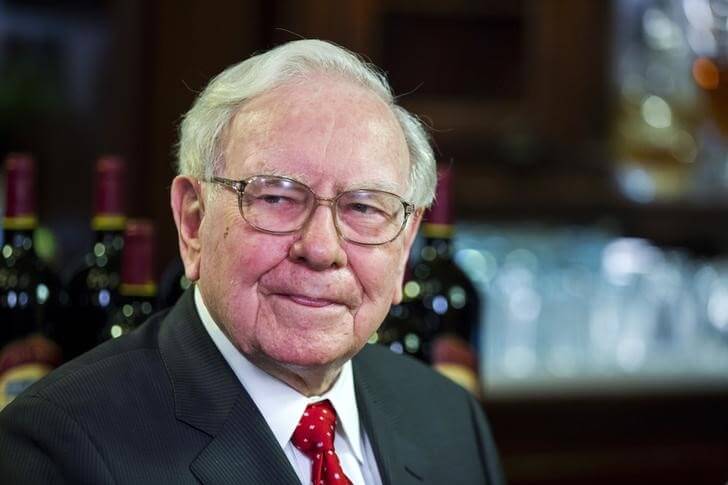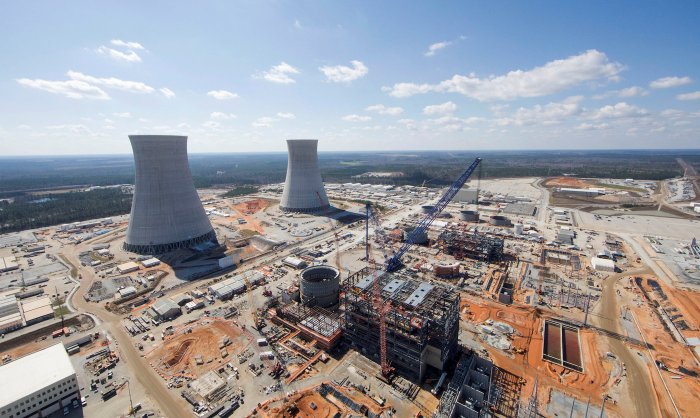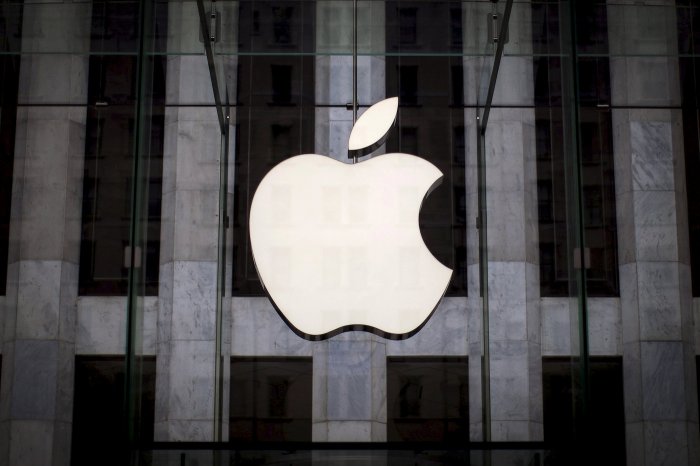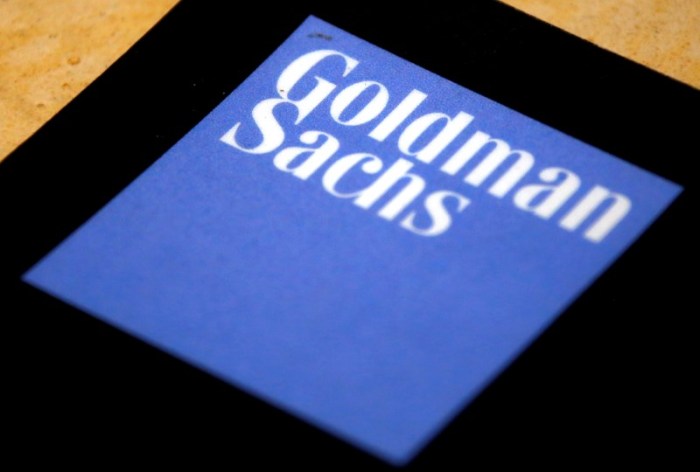By Jonathan Stempel
(Reuters) – Berkshire Hathaway Inc on Friday said its second-quarter profit rose 25 percent, helped by improvement in insurance underwriting, investment gains and the purchase of Precision Castparts Corp, Warren Buffett’s largest acquisition. But operating results fell short of analyst forecasts, as depressed oil prices and coal demand weighed on volume at the conglomerate’s BNSF railroad unit, while units serving the oil, gas and heavy equipment industries struggled. Other businesses, including the Geico auto insurer, fared better. Net income for Omaha, Nebraska-based Berkshire rose to $5 billion, or $3,042 per Class A share, from $4.01 billion, or $2,442, a year earlier.
Operating profit rose 18 percent to $4.61 billion, or $2,803 per Class A share, from $3.89 billion, or $2,367.
Analysts on average expected operating profit of about $2,911 per share, according to Thomson Reuters I/B/E/S.
Revenue rose 6 percent to $54.46 billion. Book value per share, Buffett’s preferred measure of growth, rose 1.7 percent from the end of March to $160,009.
Buffett has over the years diversified Berkshire far beyond its insurance roots, including through the $32.1 billion January purchase of Precision Castparts, which makes aircraft parts, and February acquisition of Duracell, which makes batteries. But many operations remain anchored in the United States, and several struggled with the same pressures stemming from low commodities and materials prices and demand.
“Some of the ‘old economy’ businesses lagged, hurt by the weaker energy sector, but the insurance businesses turned around, especially Geico,” S&P Global analyst Cathy Seifert said in an interview. “This is a conglomerate, and you have to take the good with the bad.” GEICO, KRAFT HEINZ
Insurance underwriting swung to a $337 million profit from a year-earlier loss of $38 million.
That helped boost overall insurance profit, including investment income, 40 percent to $1.32 billion.
The improvement included a near tripling of pre-tax underwriting gain at Geico, which added customers and boosted premiums while its rate of loss claims fell.
Meanwhile, currency fluctuations helped Berkshire’s namesake reinsurance business swing to a $184 million pre-tax gain from a year-earlier $411 million loss.
Float, or the amount of insurance premiums collected before claims are paid and which help fund Berkshire’s growth, grew to $90 billion from $89 billion at the end of March.
Investments and derivatives overall generated $394 million of profit, compared with $123 million a year earlier.
Most resulted from Kraft Heinz Co’s redemption of $8.32 billion of preferred stock that Berkshire held.
Berkshire still owns a 26.8 percent stake in the food company, which is run day-to-day by Brazilian private equity firm 3G Capital.
The redemption also left Berkshire with more cash, $72.68 billion, than it had before it acquired Precision.
“Investors should expect more acquisitions,” Seifert said. She has a “hold” rating on Berkshire, which does not pay a dividend and has outgained the Standard & Poor’s 500 this year. PRECISION
The April-to-June period was Precision’s first full quarter as a Berkshire unit, and helped boost pre-tax profit in Berkshire’s industrial products sector by 34 percent.
Excluding Precision and Duracell, however, profit in that sector fell, hurt by what Berkshire called “soft market conditions” and competitive pressures that drove prices lower.
BNSF saw profit fall 20 percent to $772 million and revenue drop 15 percent to $4.59 billion, though speed and on-time performance improved following costly capital upgrades in 2015.
Among other businesses, Berkshire Hathaway Energy, a utility unit mostly owned by Berkshire, saw profit fall 4 percent to $482 million, hurt by lower revenue from renewable energy and changes in the value of interest-rate swaps. Berkshire has roughly 90 operating businesses, including smaller units that sell such things as candy, ice cream, insulation, jewelry, kitchenware, running shoes and underwear.
As of June 30 it also owned about $133 billion of stocks including Kraft Heinz, Wells Fargo & Co, Coca-Cola Co and IBM Corp. Berkshire maintained it has no plan to sell IBM, despite sitting on a $1.5 billion loss. In Friday trading, Berkshire’s Class A shares rose $3,180 to $218,010, and its Class B shares rose $2.53 to $145.65. The shares are 5 percent below their December 2014 record highs.
(Reporting by Jonathan Stempel in New York; editing by Diane Craft, Leslie Adler and Grant McCool)
Berkshire profit up 25 percent as insurance helps, BNSF weighs

By Jonathan Stempel


















